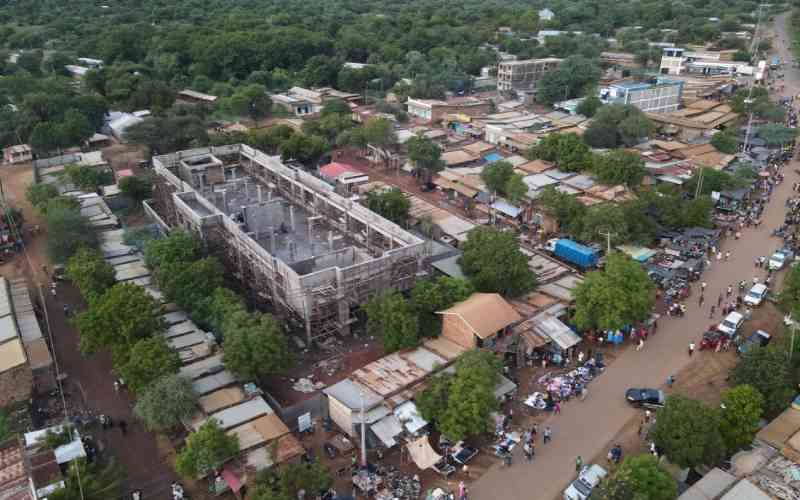×
The Standard e-Paper
Stay Informed, Even Offline

Gatunga market in Tharaka Nithi County. [DPCS]
Just a stone's throw away from Tharaka Nithi University, a new beacon of hope is rising from the ground up. One that places Persons with Disabilities at the centre.